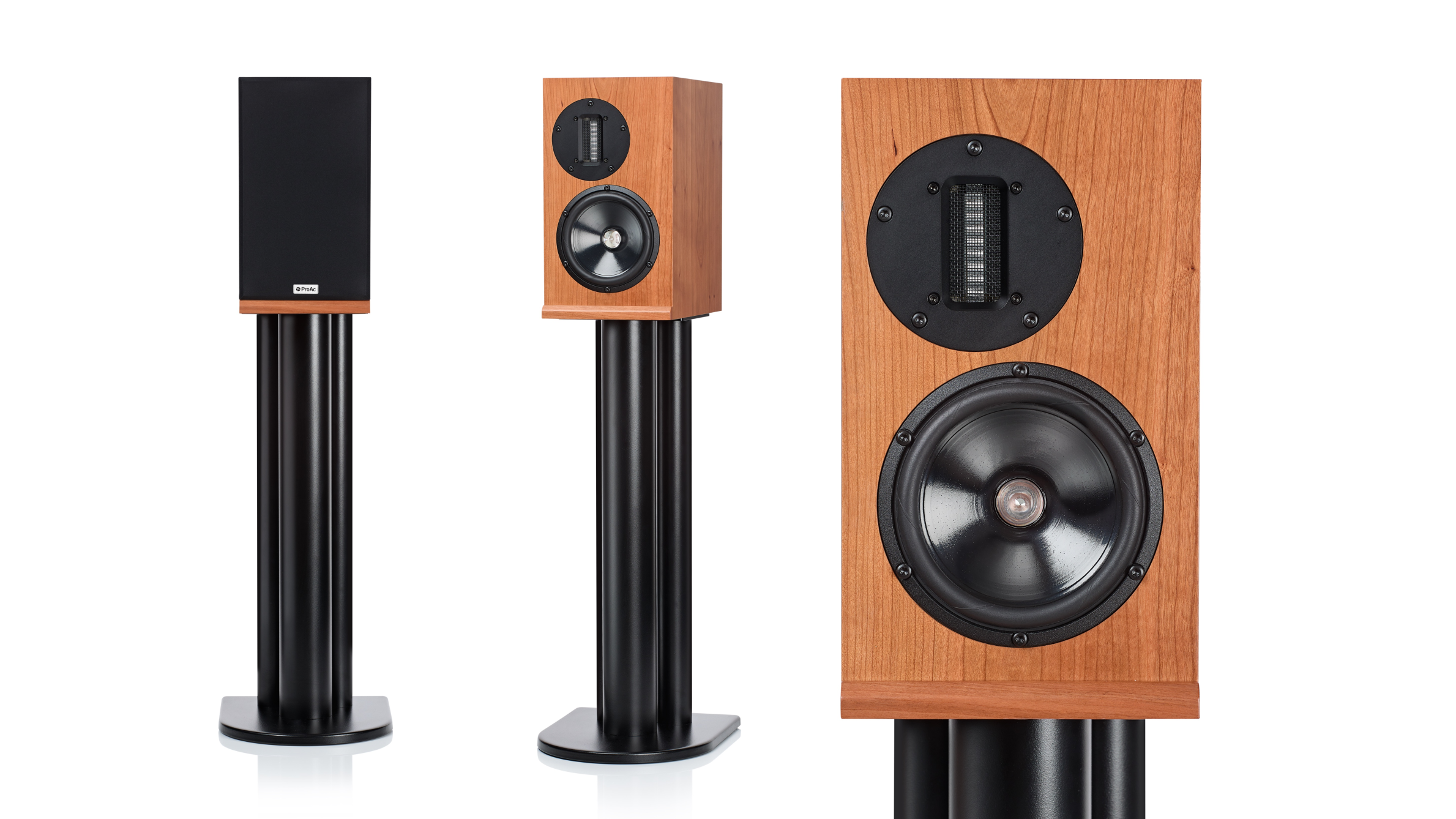We asked if you care who owns a hi-fi brand – your answers got heated but revealed one key concern
It turns out people do care about ownership when it comes to AV brands
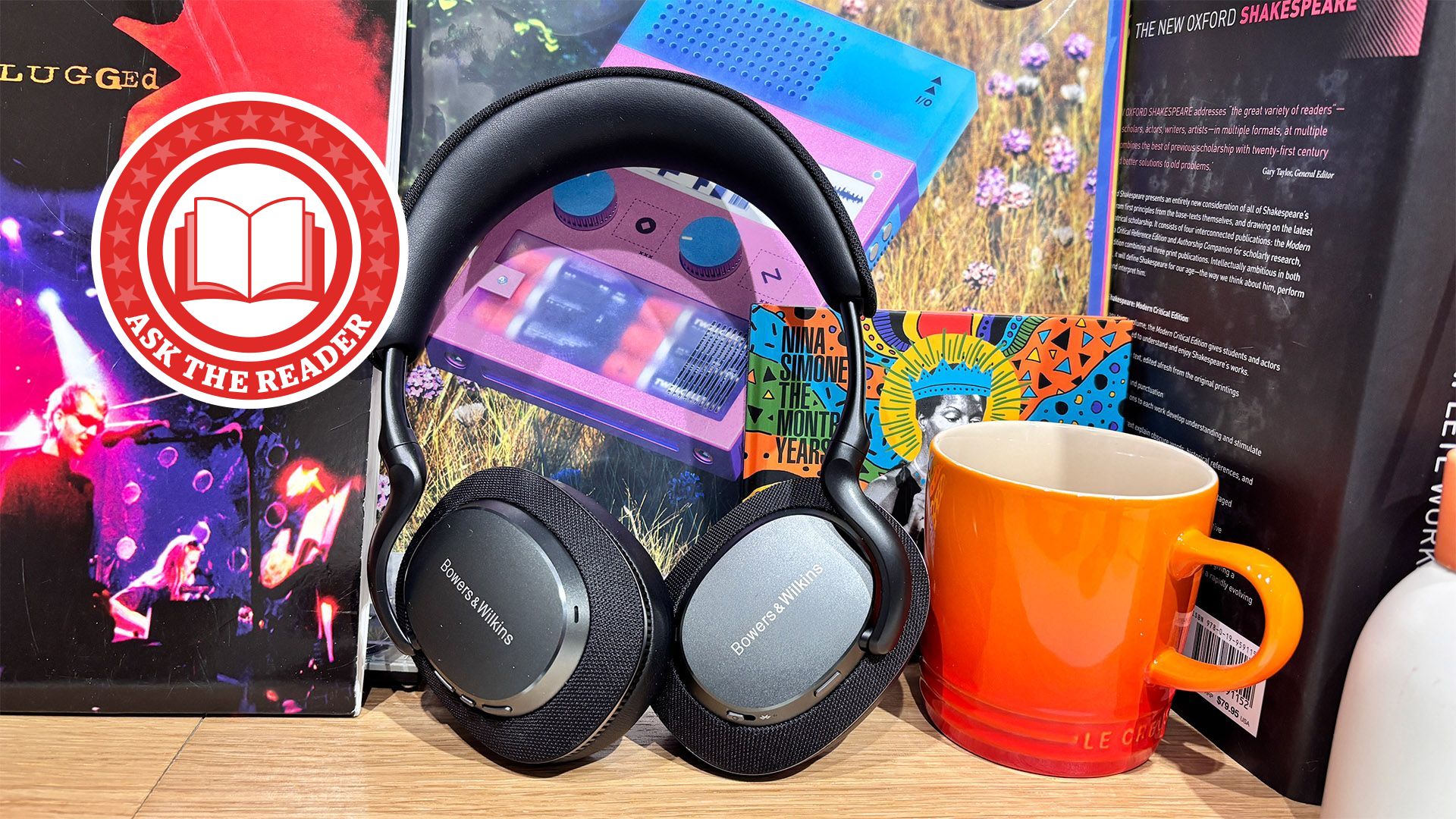
The latest hi-fi, home cinema and tech news, reviews, buying advice and deals, direct to your inbox.
You are now subscribed
Your newsletter sign-up was successful
The world of hi-fi is in a massive state of flux.
Listening habits are changing, leading to an evolution in how people, especially young people, listen to their music and the products that they use.
This has opened the doors for innovative upstart brands to appear and fill the gaps.
Equally, we’ve seen massive changes for legacy, heavyweight players, with big tech brands snapping them up in multi-million, sometimes billion dollar acquisition deals.
Which is why last month we asked if you care who owns the brand making your hi-fi kit or whether all you really care about is the performance?
After a month of heated exchanges, the answers are in – and it's clear you have strong feelings. Here’s what we learned.
You care about audio quality and ownership
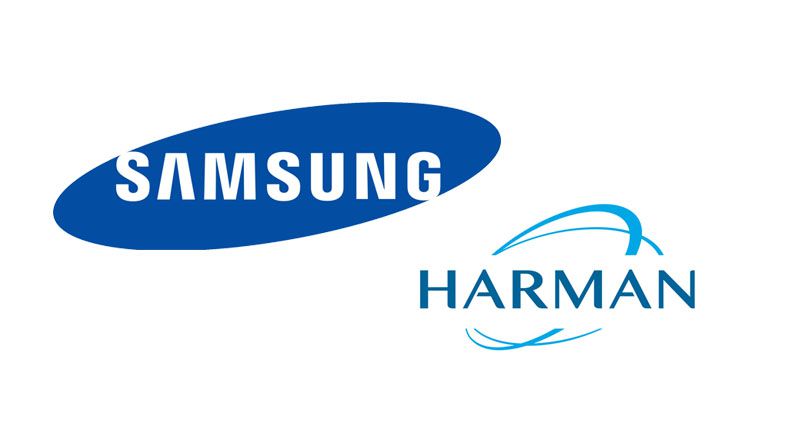
Going through the sea of responses, which were not always PG-13, it quickly became clear that while all of you care most about audio quality, you also believe it is closely tied to the brand's ownership.
The latest hi-fi, home cinema and tech news, reviews, buying advice and deals, direct to your inbox.
This was succinctly stated by reader, Stephen Thompson, who was the first person to respond to our Ask the Reader question: “Yes it matters as when a company is merged into a big company the quality can go down.”
A chorus of voices then erupted agreeing with the sentiment pointing to examples where a change in ownership has resulted in a drop in quality.
This included regular reader, The Dude Abides, who argued recent big tech acquisitions have diminished the importance of many formerly independent heavyweight brands.
"There was a time, many moons ago, when the brand name mattered more than anything else because that brand stood for build quality and sound quality in hi-fi. Cost was secondary then,” he wrote.
“Then came the companies that overcharged for things because they could. I would argue that in more recent times, the sound quality is the most important part. At least for me.”
You want fellow enthusiasts at the helm
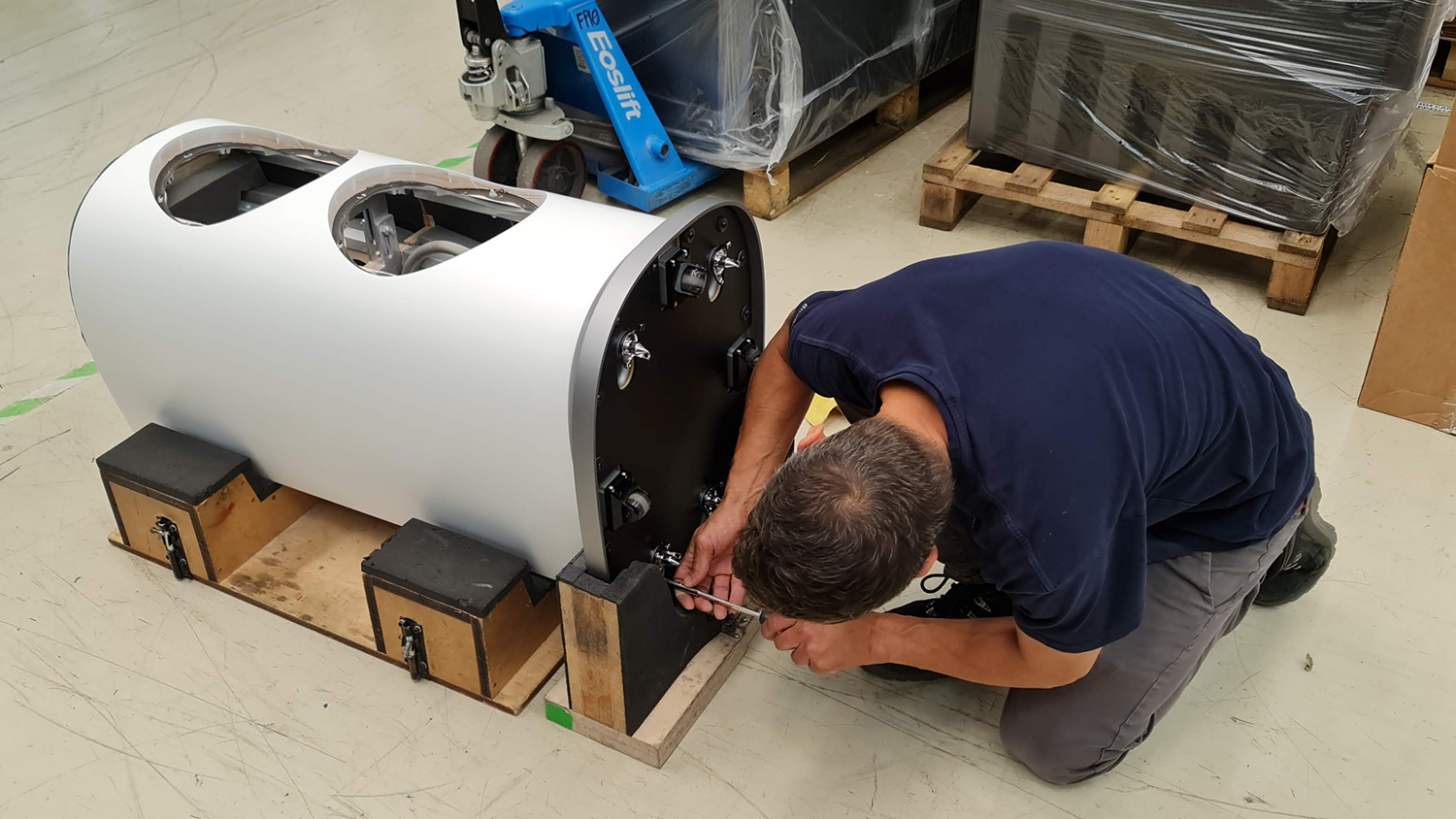
Scepticism towards big tech companies was a common theme in your comments, with many focusing their concerns on Harman International (a subsidiary of Samsung) and its imminent purchase of Masimo's audio brands.
These included reader, Tasekoseko, who argued that larger firms’ focus on driving shareholder value is not always the best thing for “enthusiast” hi-fi.
“I am [not] a fan of this idea of [companies] amassing hi-fi entities because they represent prestige and good value. Those deep pockets cut both ways. Samsung's number one obligation is to their shareholders,” wrote Tasekoseko.
“They are not in this because they are enthusiasts. There might be more money for R&D initially but should a brand falter for a period you might as well kiss their arse goodbye. We all remember how Ford almost killed Aston Martin and Volvo.”
Beeka, mirrored Tasekoseko’s sentiment adding, “big conglomerates will have different priorities to a one-person operation... mostly profit. This can cause dilution of a brand if it is scaled too quickly and result in inadvertent competition with no-named options from the likes of AliExpress.”
Despite this, some readers did acknowledge that the larger firms “deep pockets” can be beneficial, if the two brands priorities align.
What Hi-Fi? reader, Merge Faster, said: “With Samsung’s resources and clear leadership this could lead to amazing products. This is one of the few companies with pockets deep enough to challenge Apple for headphones and earbuds. Hopefully they can organise and give us the next generation of amazing hi-fi for the home."
What we think
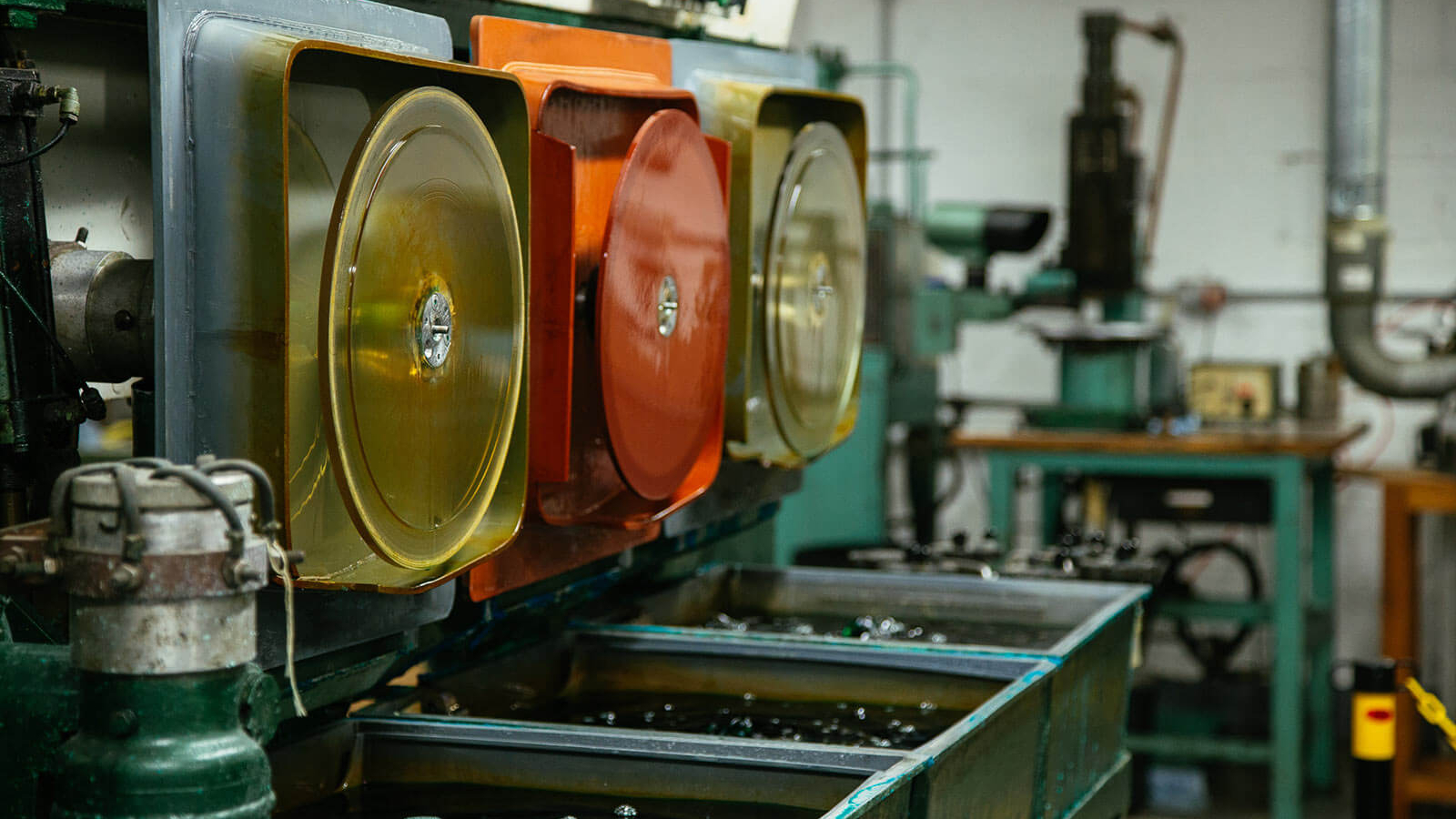
Despite the wide range of opinions offered, we generally agree with our readers' sentiment that ownership does matter, but the specifics why depend heavily on the parties involved.
As I argued when news of Harman International’s intended takeover of Bowers & Wilkins broke, it can sometimes be a good thing.
If the brand involved has a focus or strategy that aligns with the parent company's, the extra investment and wider supply chain can help.
But, equally, if the opposite is true and the parent company’s plans, or focus don’t align with the smaller brand's, it can lead to disaster.
This can be everything from a loss of identity as the parent company forces its will on its purchase, or even closure.
As many readers pointed out, larger firms don’t tend to be able to deliver the same level of love and passion as smaller independent companies. Money talks, after all.
All we can do is hope for the best – and to be proved wrong – when it comes to the imminent mergers and acquisitions in the hi-fi and home cinema world.
MORE:
These are the best wireless headphones we’ve tested
We rate the best speakers money can buy
Our picks of the best headphones for serious music fans

Alastair is What Hi-Fi?’s editor in chief. He has well over a decade’s experience as a journalist working in both B2C and B2B press. During this time he’s covered everything from the launch of the first Amazon Echo to government cyber security policy. Prior to joining What Hi-Fi? he served as Trusted Reviews’ editor-in-chief. Outside of tech, he has a Masters from King’s College London in Ethics and the Philosophy of Religion, is an enthusiastic, but untalented, guitar player and runs a webcomic in his spare time.
You must confirm your public display name before commenting
Please logout and then login again, you will then be prompted to enter your display name.
